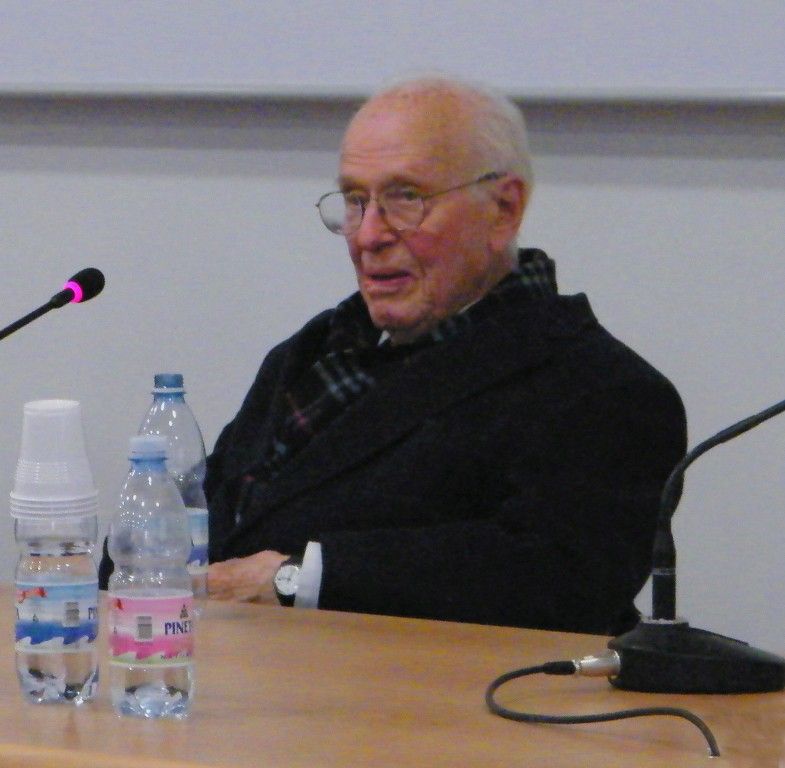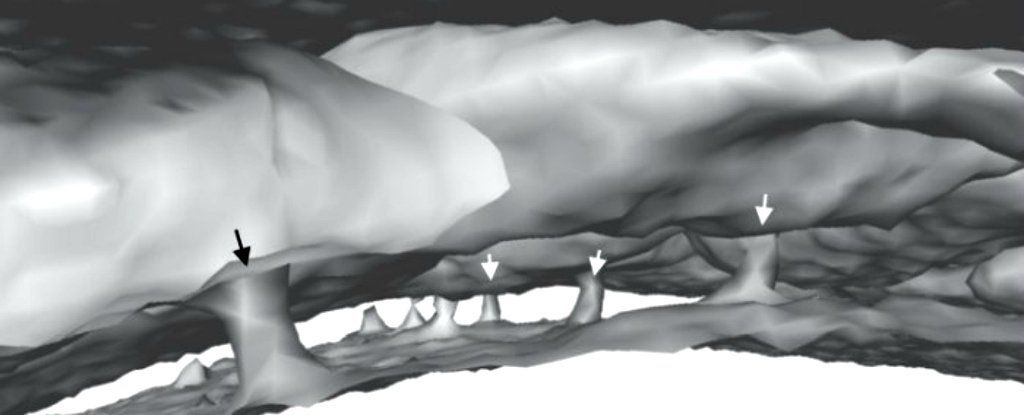Luigi Luca Cavalli-Sforza, known simply as “Luca” to generations of human geneticists, died this week at age 96. More than any other human geneticist, Cavalli-Sforza believed in the potential of genes and culture together to trace humanity’s origins. In the course of his work, he pioneered new ideas and models that brought together these two distinct areas of science.
Like most scientists, many of his ideas would turn out to be wrong in the details. But his work helped form the foundation of our current knowledge of human genome variation across the world.
In 1991, Cavalli-Sforza wrote an essay for Scientific American that explained the course of his life’s work to that point. He recollected a time as a young man when he worked in the Cambridge laboratory of Ronald A. Fisher, one of the founders of modern evolutionary theory.








